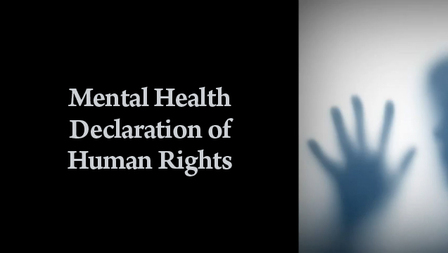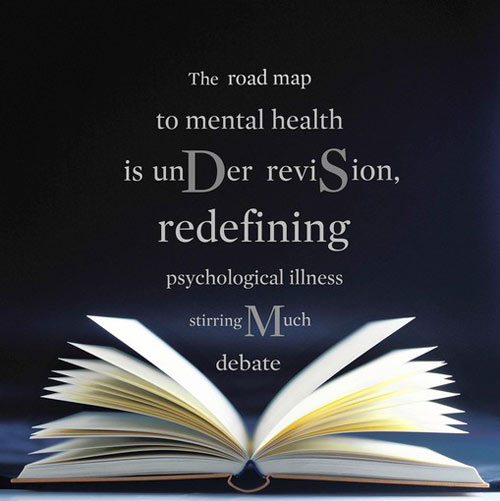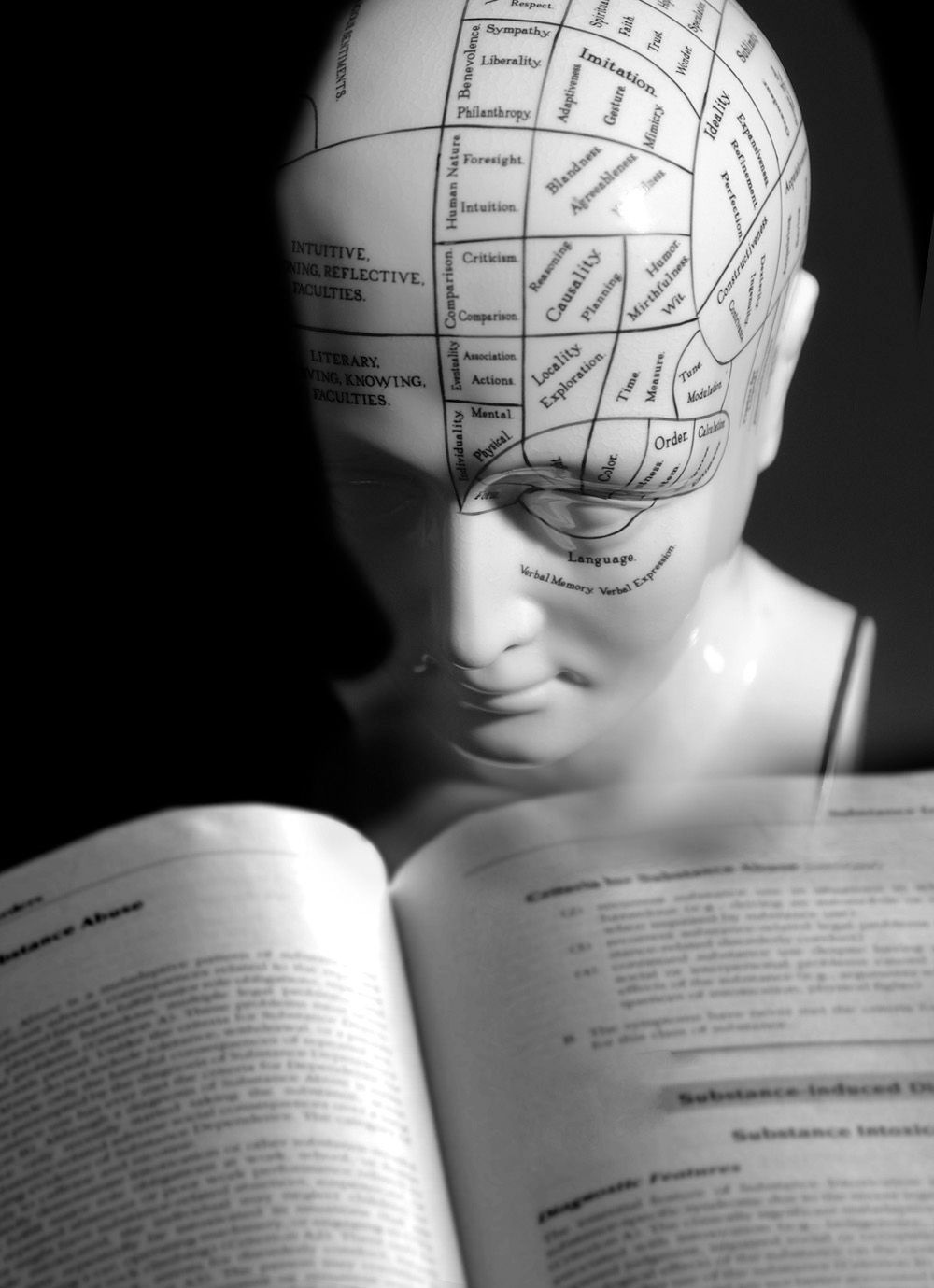
If I have mental illness, I want doctors to prove it
I AM MAD, a proud member of the mad community. Of course, madness exists – it’s normal, it’s as old as mankind, and it’s in every family. But if I have a disease in my brain called “mental illness”, I want the doctors to prove it. The brain is the most complicated organ in the body, yet doctors diagnose mental illness just by looking at you, and then you are labelled for life.
I’ve been diagnosed with unipolar depression, bipolar or manic depression, dysphoric elation – whatever that’s supposed to be – and paranoia. I’ve been told that I have a chemical imbalance in my brain that shows I have a mental illness. Yet not one of these fellows even took my pulse. They did it by sitting looking at me and talking to me.




